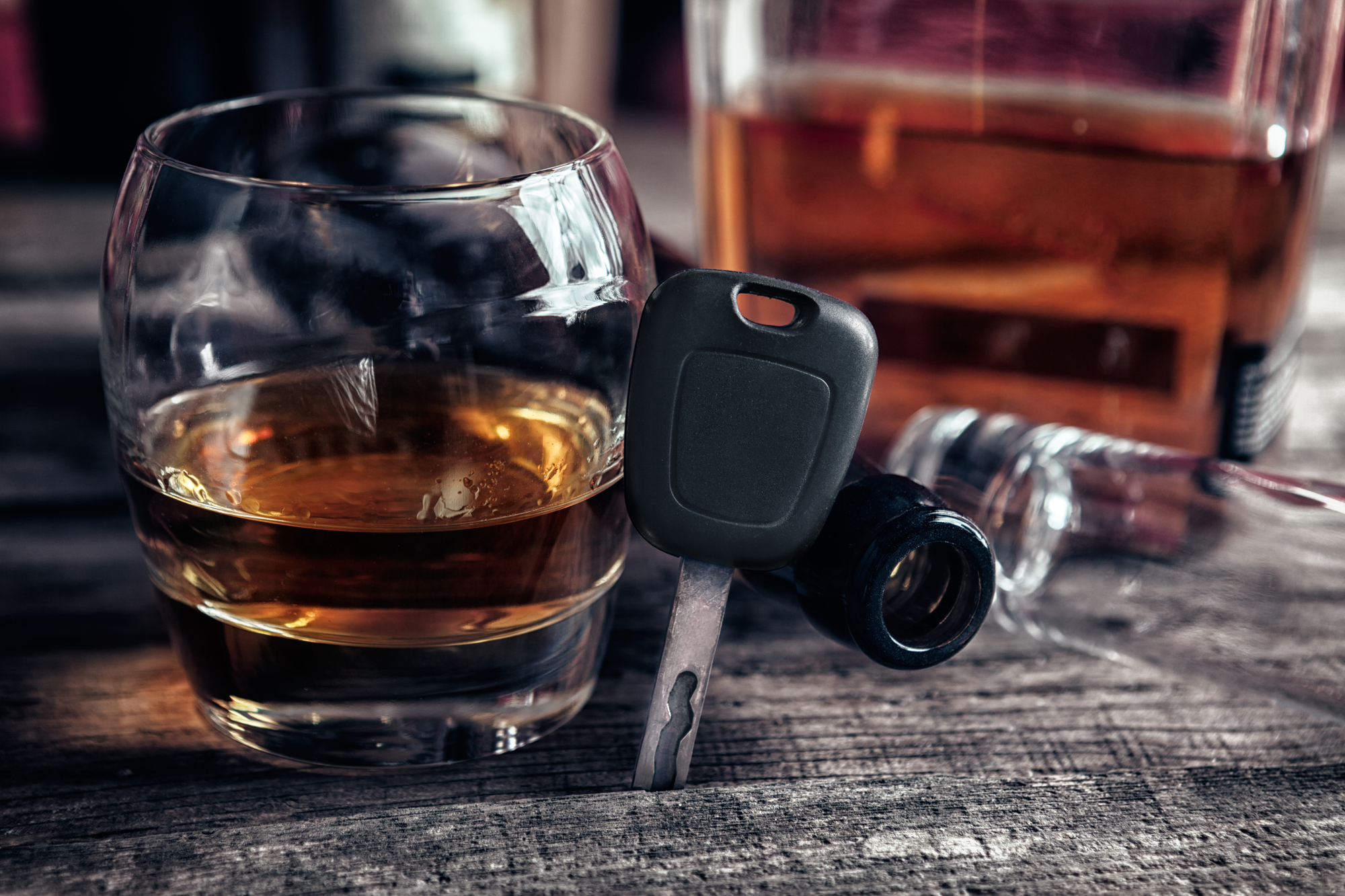How is a Simple Battery Charge Defined Under Florida Law?
Battery is a relatively common charge in the state of Florida but depending on the circumstances of your case and with an expert and experienced criminal defense lawyer, it can be successfully defended in court.
The main distinction that defines a battery charge is that it’s an assault in which the victim is not only threatened but is touched or struck, which causes physical harm.
Per Florida statutes, battery is “the actual and intentional touching or striking of a person against their will or with the intent to cause bodily harm.”
Additionally, no matter how minor, battery is usually charged as a first-degree misdemeanor and carries a penalty of up to one year in jail and a $1000 or more fine.
For you to receive a battery charge, your crime must include the following factors:
- You intentionally touched or struck the victim – The prosecution must prove that you intentionally touched or struck the victim. If the contact was unintentional, then the battery cannot be charged.
- What you did was against the victim’s will – The victim did not consent to any physical contact. No crime was committed if both parties agreed to the physical confrontation, say in a boxing match.
- You caused Intentional Harm – The state prosecutor must prove intent to convict you on a battery charge. Intent is vital, and for example, if you intentionally push someone and they fall and break their wrist or arm, then this element would be satisfied.
You must remember that there is a close distinction between an assault and a battery charge. However, a battery conviction is usually charged as a felony, and the consequences can be life-changing. Therefore, with the help of a professional, experienced, and competent criminal defense law team, reducing your charges to an assault literally protects your future and your freedom.
What Legal Consequences May I Face If I’m Convicted Of a Battery Charge in Orlando
Some violent crimes, such as battery, can, at times, be charged as misdemeanors or felonies, depending on the circumstances of the unique case.
Florida’s battery laws define the crime in degrees, and the more severe your offenses are, the more likely you will be charged with a felony. Additionally, the crime and penalties you may face will increase in severity if you have a criminal history.
Simple or misdemeanor battery is the lowest level of offense in this class. Let’s say you’re arrested for striking another against their will or intentionally causing bodily injury. This would usually be charged as a First-Degree Misdemeanor, and you could receive one year in jail and a maximum fine of $1,000.
Battery commonly becomes a felony when certain other factors are present, such as:
Let’s surmise that your felony battery starts as a simple battery. However, if your incident causes the victim significant bodily harm, such as permanent disability or disfigurement, your offense becomes a Third-Degree Felony; this could get you five years in prison and a $5,000 fine.
So, each case and the consequences you face will differ based on unique facts involved in your case.
Your intimidating, knowledgeable, and expert criminal defense lawyer will always fight tirelessly to mitigate your charges, thereby lessening the penalties you could face.
What Are Some Defenses Against a Battery Conviction in Florida?
Your highly trained and skilled criminal defense lawyer will usually start with pretrial and trial defenses; these can usually be used in any criminal case.
However, in a battery case, often your defense depends on three main items, they are:
- Consent – Since an element of Felony Battery is that the contact was non-consensual, consent to the contact is a prominent defense. Additionally, if two people mutually engage in a fight, such as a bar brawl, then neither person can usually legally complain of the ensuing contact.
- Insufficient Intent – The intent to commit a battery is determined by the circumstances surrounding the touching or the striking of the victim. Your lawyer will strive to prove that the physical contact between you and the victim was not intended to happen. Your battery charge may be mitigated or dropped if insufficient intent can be proven.
- ·Self-Defense – Self-defense can be a solid defense to many battery charges. However, it must be proven, and if there is any solid evidence that you acted in self-defense, your case could be dismissed.
It’s critical to note that in any felony case, the weight is commonly on the state prosecutor to prove all the relevant aspects of the case. Your intimidating and prepared criminal defense lawyer will always seek to “poke holes” in the prosecution’s case and fight tirelessly to maintain your rights and freedom.
I’ve Been Charged With Battery in Orlando; How Should I Proceed?
Battery cases in Orlando and all of Florida are almost always legally complex, and how the evidence is compiled and presented to the courts may be highly significant in determining your future.
Therefore, obtaining the advice and guidance of a professional, competent, and intimidating Orlando criminal defense lawyer significantly increases your chances of winning your case and retaining your freedom in any battery case.
The expert and empathetic criminal defense lawyers at The Panella Law Firm have a long and winning history of doing whatever is necessary to fight for their client’s rights and freedom.
Call them today at 407-602-6559 for a free consultation on your case, and know that your competent, polished, and aggressive criminal defense law team has the resources and winning track history to get you the best possible outcome for your case.




